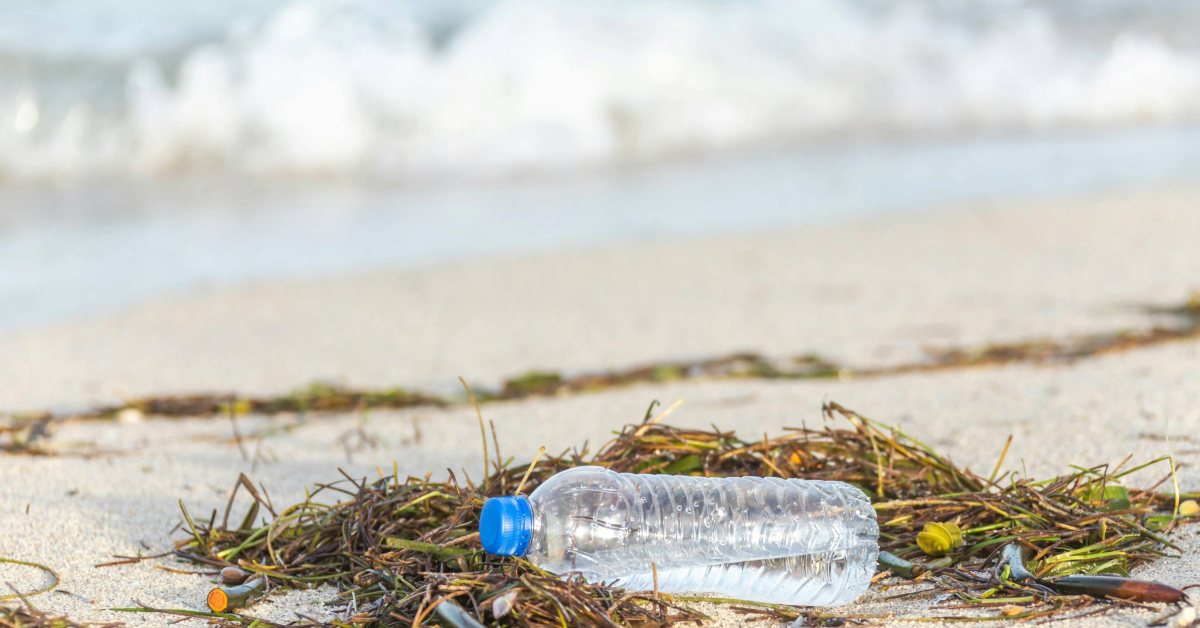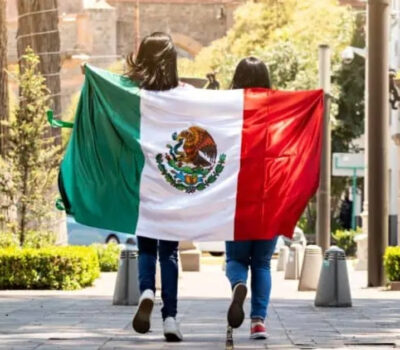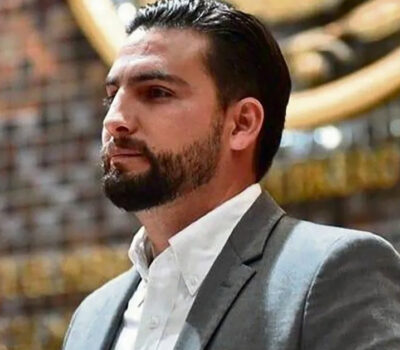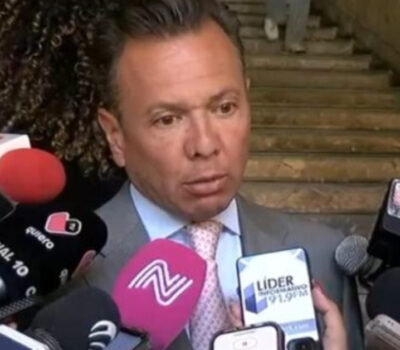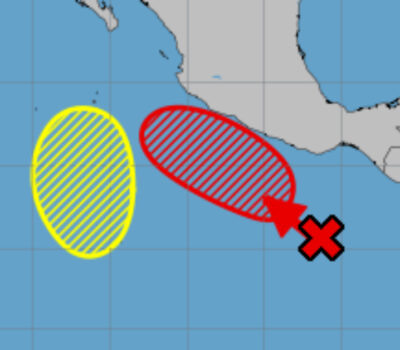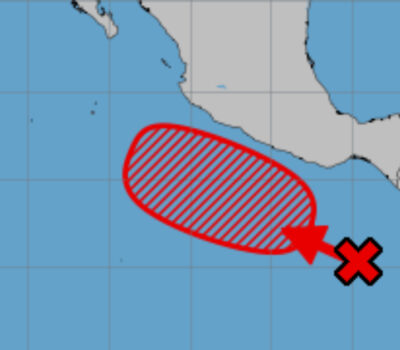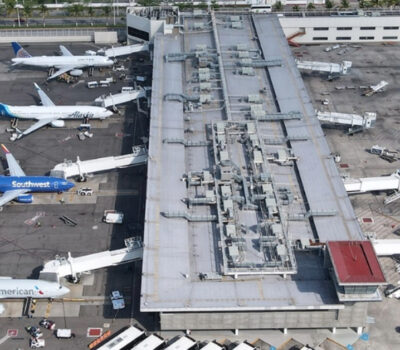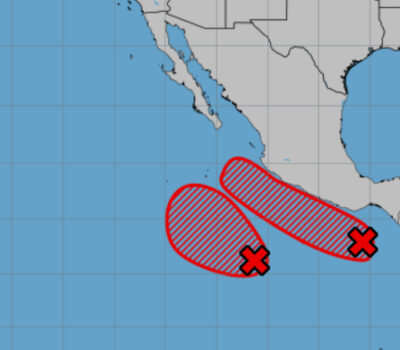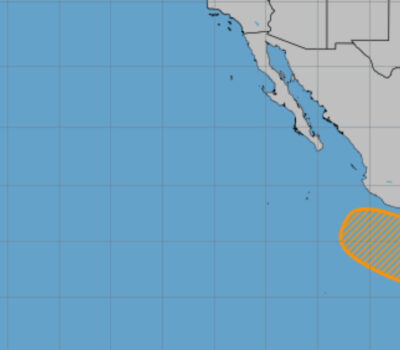Puerto Vallarta, Mexico – Mexico’s environment minister announced a national strategy for beach plastic cleanup to remove all coastal plastic waste by 2030, starting with key destinations.
Secretary of Environment and Natural Resources Alicia Bárcena Ibarra unveiled a new National Strategy for Beach and Coastal Cleanup, setting a goal to eliminate 100% of plastic waste from Mexican coasts and beaches by 2030. Announced in honor of World Environment Day, the program will initially launch cleanup operations in key destinations, including Acapulco, Guerrero; Puerto Morelos, Quintana Roo; Progreso, Yucatán; San Felipe, Baja California; and Puerto Vallarta, Jalisco.
Bárcena Ibarra highlighted the urgency of acting swiftly, noting that Mexico generates 15,000 tons of plastic waste every day, and 80% of it ends up on coastal shores. “Every day in Mexico, we emit 15,000 tons of plastic, 80% of which ends up on the country’s coasts and beaches,” she said. “We want citizens to prevent damage to our beaches and coasts by reducing the plastic we see everywhere. This campaign invites everyone to join cleanup efforts.”
Puerto Vallarta, one of the country’s most popular Pacific destinations, earned mention as a model site for the strategy. Officials emphasized that tourism hotspots experience acute pressure from plastic pollution. By focusing on well-known beaches, the program aims to set visible examples that inspire other regions to follow. Over the next month, local authorities in each pilot destination will coordinate trash collection events, install new recycling bins, and implement educational workshops targeting residents and visitors alike.
During President Claudia Sheinbaum’s morning press conference at the National Palace, Admiral Raymundo Pedro Morales Ángeles, Secretary of the Navy, pledged full support from the armed forces. He explained that naval personnel will lead cleanup teams across all 17 coastal states, starting on 63 selected beaches. “We are deploying 2,500 naval personnel to launch cleanup operations on 63 beaches,” he said. “Naval commanders are instructed to visit schools at least once a week and invite civil society to clean our coasts alongside us.”
Admiral Morales Ángeles added that each beach event will average 2,000 school volunteers, reinforcing the government’s goal to foster environmental stewardship among students. In addition, the Navy will provide logistical support—boats, trucks, and collection equipment—to ensure that gathered plastics are transported to recycling centers or proper disposal facilities.
The strategy includes a multi-pronged approach: first, active collection of existing waste along the shoreline; second, stricter enforcement of regulations banning single-use plastics; and third, public education campaigns to change consumption habits. The program will also monitor water quality and marine life health to track progress over time. Federal funding has been allocated to purchase waste-processing equipment and to train local teams in sustainable cleanup methods.
Environmental groups have generally welcomed the announcement, though some stress the importance of following through on enforcement. “Setting a zero-waste target by 2030 is ambitious. We need transparent reporting and real penalties for noncompliance,” said Lorena Gutiérrez, director of a nonprofit focusing on marine conservation. “It’s crucial that we hold both businesses and consumers accountable.”
State and municipal governments will hold community events each month to maintain momentum. Hotels, tour operators, and fishing cooperatives will receive guidelines for reducing plastic packaging and promoting reusable alternatives. Several beachfront restaurants have already pledged to switch from plastic straws and containers to biodegradable materials.
Bárcena Ibarra concluded by stressing that plastic pollution threatens tourism revenue and marine ecosystems alike. “Our beaches drive economic activity for coastal communities,” she said. “By working together—government, private sector, and citizens—we can preserve our natural heritage and ensure clean shores for future generations.”
Puerto Vallarta, Mexico - Mexico’s environment minister announced a national strategy for beach plastic cleanup to remove all coastal plastic . . .

